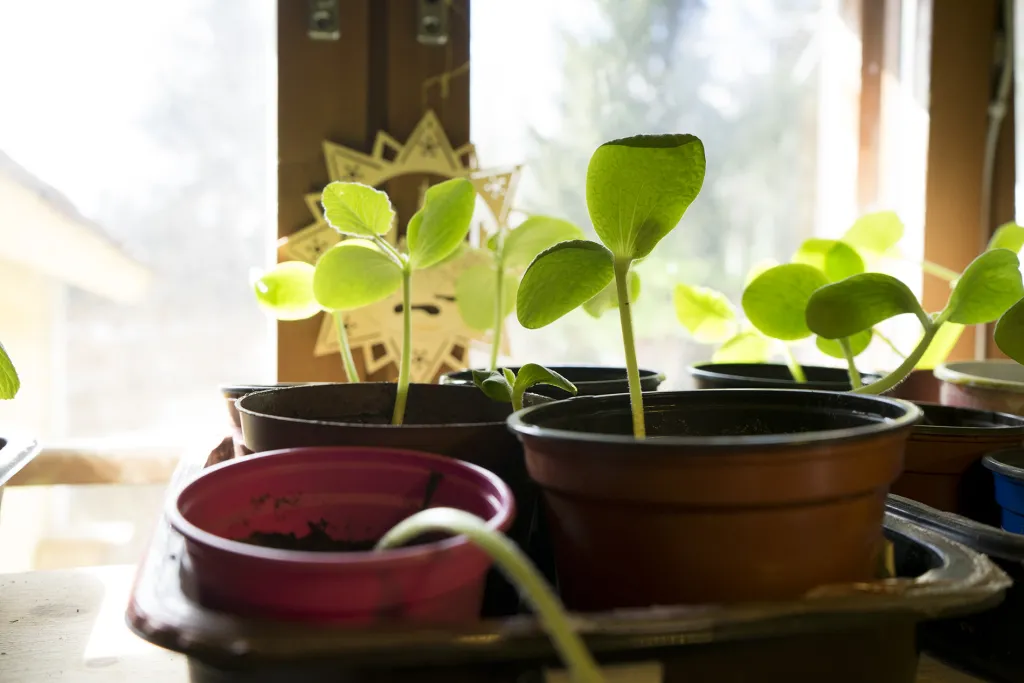It is produced by heating biomass in an oxygen-free environment, a process known as pyrolysis, which results in the production of a carbon-rich solid material. Biochar has a high surface area and a porous structure, which makes it highly absorbent and allows it to hold onto nutrients and water.
Biochar has several potential benefits as a soil amendment:
- It can improve soil structure and fertility,
- increase water-holding capacity,
- reduce nutrient leaching.
- increase the population of beneficial soil microorganisms,
- it can serve as a long-term carbon sink, sequestering carbon in the soil for hundreds or even thousands of years.
Biochar is also being explored as a potential solution to the problem of waste management. It can be produced from a variety of organic waste materials, and it provides an alternative to burning or disposing of waste in landfills.
Overall, biochar shows promise as a sustainable and beneficial addition to soil and as a potential waste management solution. However, more research is needed to fully understand its effects and potential uses.
Articles tagged with biochar
From plans to build - a Kontiki kiln for charcoal making
In order to close the loop of my biogas systems outputs I thought of a mixture of shit, piss, effluent and charcoal some years ago. The only missing component was until recently the charcoal. Charcoal making is an art on its own, especially if… more


